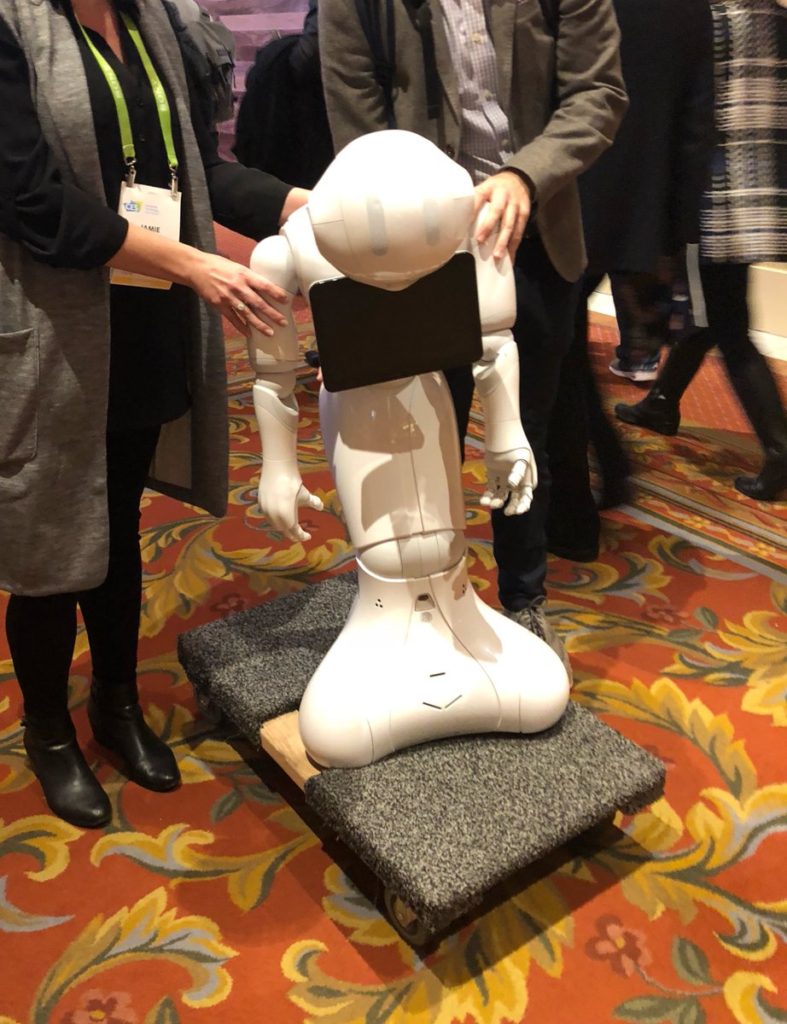 CVS, Walgreens, Amazon, Walmart all chasing the same type of companies to expand their service continuum. During their Q2 2022 earnings call, CVS Health announced that they were determined to enhance their services in three categories: primary care, provider enablement, and home health. And CVS’ CEO Karen Lynch was pretty blunt about it: “We can’t be in the primary care without M&A” (sic). So CVS’ latest moves should come as no surprise.
CVS, Walgreens, Amazon, Walmart all chasing the same type of companies to expand their service continuum. During their Q2 2022 earnings call, CVS Health announced that they were determined to enhance their services in three categories: primary care, provider enablement, and home health. And CVS’ CEO Karen Lynch was pretty blunt about it: “We can’t be in the primary care without M&A” (sic). So CVS’ latest moves should come as no surprise.
Oak Street Health: CVS is in talks with this value-based care primary care provider for primarily older adults in Medicare and Medicare Advantage plans. With 100 offices nationally, it’s not too small, not too large to combine with other operations. As a public company traded on the NYSE but puttering along in the $13-$22 per share range since the fall from a high of $30 in August, the news of CVS’ interest has boosted them above $28 and a market cap of just under $7 billion. Although Oak Street has previously maintained that they have no interest in a sale, it has never been profitable and is on track to lose $200 million this year. That is not a good look for CVS but they are working a strategy. Previously, CVS walked away from primary care group Cano Health [TTA 21 Oct 22]. Bloomberg News (paywalled) reported that CVS could pay $10 billion which would be over $40 a share. Healthcare Dive, Reuters
Carbon Health: CVS leads their Series D with a $100 million investment plus piloting Carbon Health operations in primary and urgent care clinics in their retail stores. However, the deal came at a price. Last week, prior to the investment announcement, Carbon announced that it would wind down lines of business in public health, remote patient monitoring, hardware, and chronic care programs, cutting 200 jobs in addition to a June cut of 250, at the time about 8% of their workforce. Carbon will now concentrate on their clinic core business. 100 are presently located across Arizona, Nevada, Colorado, Kansas, Florida, Massachusetts, and California (San Francisco, Bay Area, and San Jose).
In the last two years, Carbon raised $350 million and grew by acquiring four clinic chains. It diversified by buying Steady Health (chronic care management in diabetes) and Alertive Health (remote patient management)–both businesses they are departing. Reportedly last month they bought Inofab Health, an Istanbul-based digital health platform for patients with asthma, chronic obstructive pulmonary disorder, and cystic fibrosis. Crunchbase, FierceHealthcare, Mobihealthnews, SF BizJournal,
CVS is still working its Signify Health acquisition past the Department of Justice (DOJ) and the Federal Trade Commission (FTC). It went into a Second Request for information in late October under the Hart-Scott-Rodino Antitrust Improvements Act of 1976 (HSR), which adds 30 days to the review timetable after the Second Request has been complied with. There is some competitive overlap between CVS and Signify in home health management and accountable care organization (ACO) operations, and some divestitures may be necessary. A closing in Q1 as planned seems optimistic. Acquiring Oak Street may complicate matters since their clinics operate as a Direct Contracting Entity (DCE, now ACO REACH). This present administration is not friendly towards healthcare consolidation of any type, especially with entities participating in Federal programs. (See UHG’s acquisition of Change Healthcare, with court approval being appealed by DOJ.) Reaching (so to speak) deep into CMS programs could be a red flag.
Walgreens’ VillageMD finalized their Summit Health acquisition for $8.9 billion yesterday (9 Jan) (updated). Now with 680 provider locations in 26 markets and 20,000 employees, the group adds to VillageMD’s primary care practices specialty practices in neurology, chiropractic, cardiology, orthopedics, and dermatology plus 150 City MD urgent care locations. 200 VillageMD locations are already adjacent to Walgreens locations. Walgreens Boots Alliance (WBA) and Evernorth, the health services business of Cigna, were the two investors. WBA raised full-year sales guidance from $133.5 billion to $137.5 billion. The current chair and former chief executive officer of Summit Health, Jeffrey Le Benger, MD, will be the interim president until VillageMD finds a permanent president reporting to VillageMD CEO Tim Barry. Release, RevCycleIntelligence, Forbes At this point, Walgreens hasn’t moved forward with the rumored acquisition of ACO management services organization Evolent Health [TTA 1 Oct 22], which would be far more complex.
Amazon is still awaiting Federal approval for One Medical as well as in multiple states (Oregon only the first; expect scrutiny). It is also closing Amazon Care and opening asynchronous non-face-to-face telehealth service Amazon Clinic. Walmart continues on an internal strategy of opening Walmart Health clinics in underserved areas. Earlier in 2022, they announced the opening of more health ‘superstores’ in Florida, having established 20 in Arkansas, Illinois, and Georgia starting in 2019. Walmart’s approach to retailing health services and products, since getting serious about it in 2018, has wavered with multiple changes of strategy and executive departures [TTA 22 Nov 22]


















Most Recent Comments